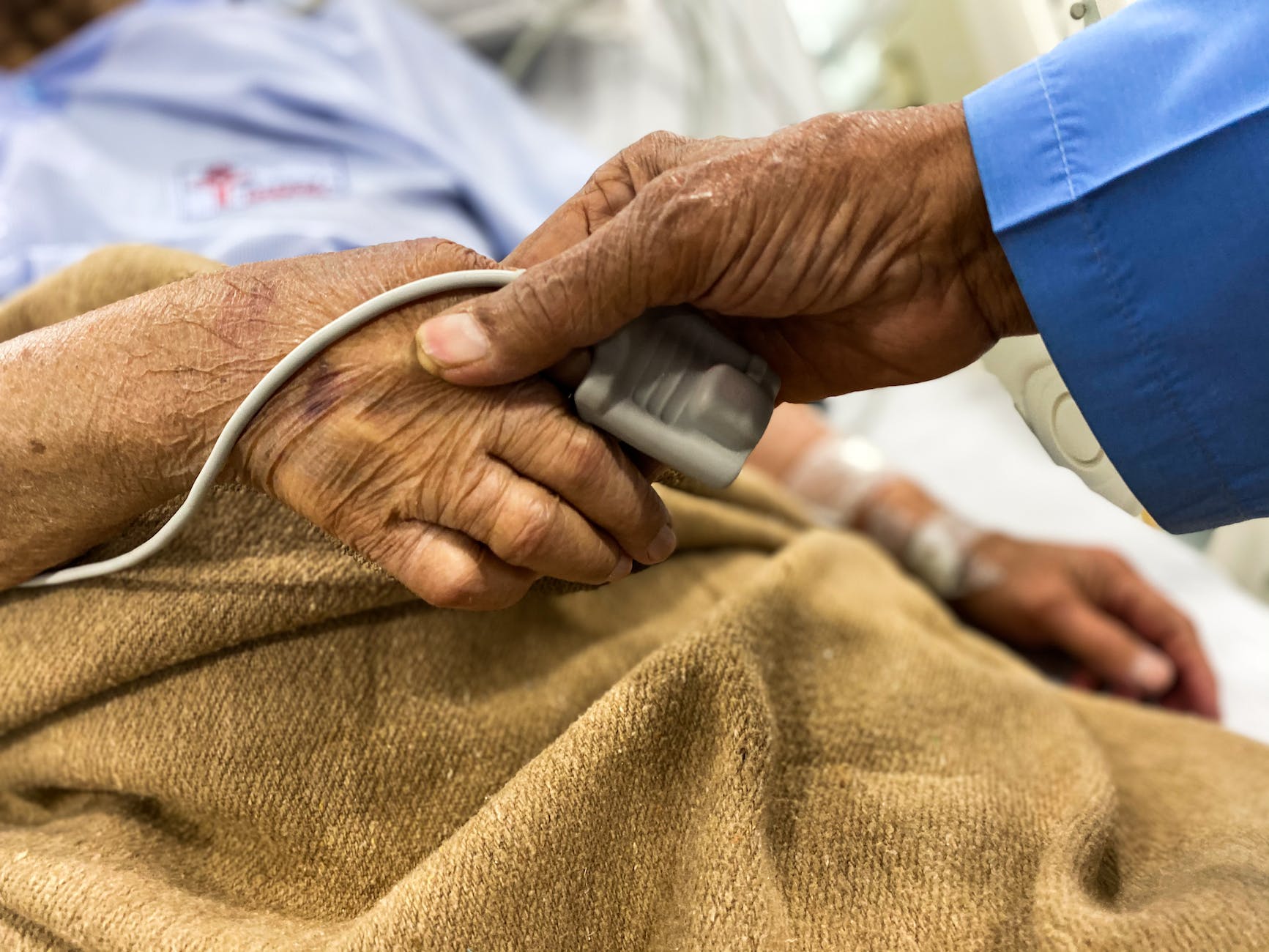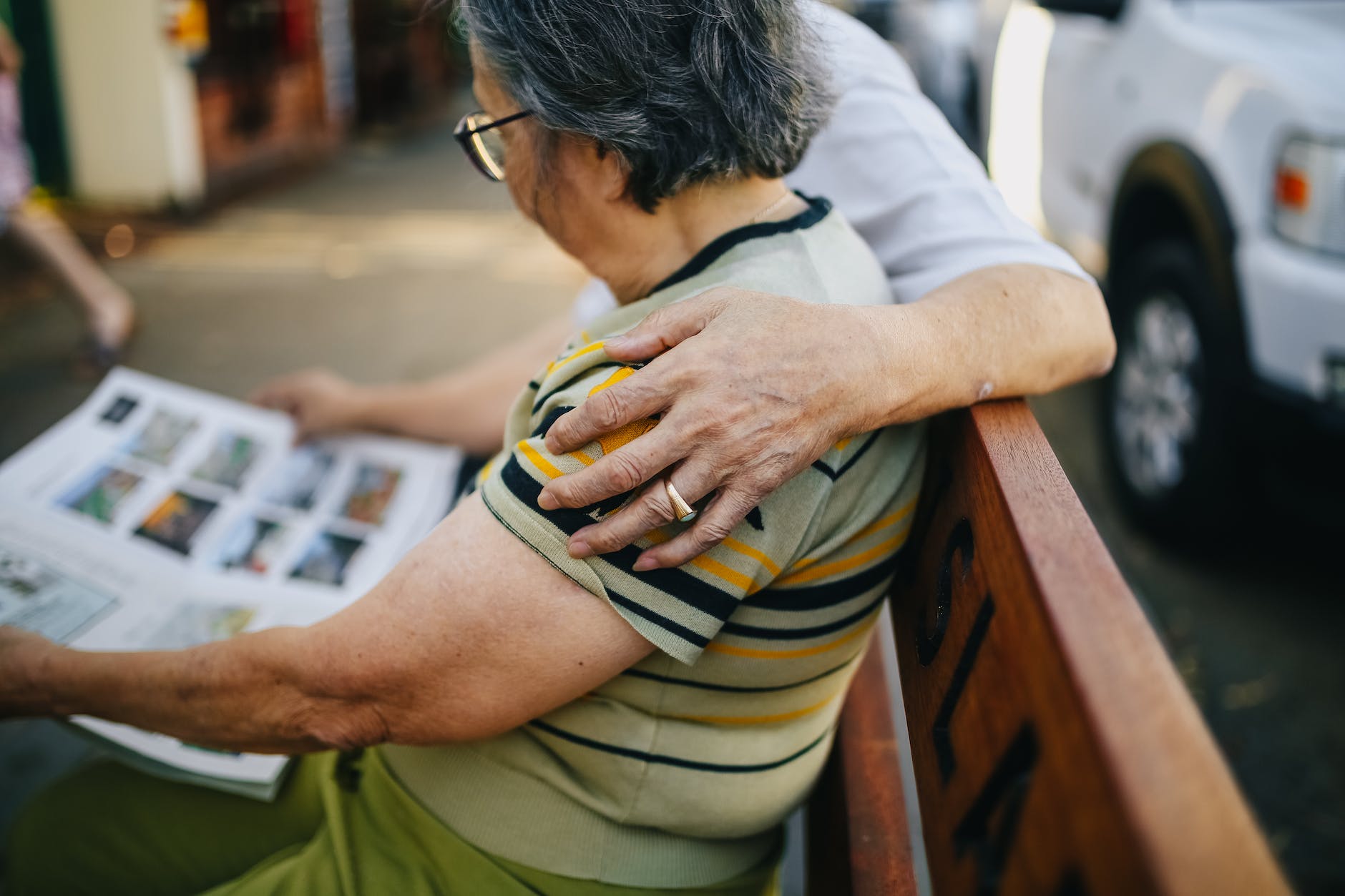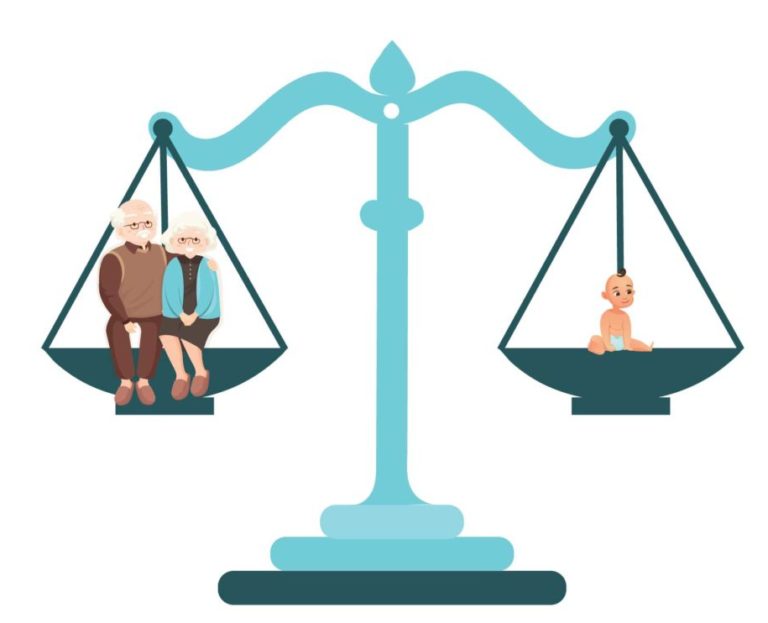As our parents age, they are more at risk of developing a urinary tract infection (UTI). A UTI is an infection affecting any part of the urinary system; that includes the kidneys, bladder, urethra, and ureter. UTIs are caused by bacteria that travels into the urinary system. Once the bacteria is there, it can multiply thereby becoming an infection.
The bacteria exposure can come from the external environment like not washing hands before touching genitals. I can also come from the intestine or the GI tract (from bowel movements).Preventing UTIs is easier than treating them. Whether they are living at home or in a facility, they are at risk. UTIs can range in severity. It can be without symptoms and it can be one that requires hospitalization.
Who Can Get UTIs?
Women are more at risk of developing a UTI because of their anatomy. Their ureter is shorter in women making it easier for bacteria to get to the urinary system. The elderly are more at risk of UTIs potentially related to pH changes that come with age and decreased water intake. Menopause can affect the pH of the urine and older men are more likely to have an enlarged prostate which can put pressure on the different parts of the urinary system. This pressure can unintentionally cause blockages and lead to UTIs.
People who are prone to urinary issues such as kidney stones are also at increased risk. And people who regularly have to use a catheter also are more likely to increase their bacteria exposure to the ureter putting them more at risk of getting UTI.
Symptoms of UTIs
Some common symptoms of a urinary tract infection in your parent are complaints of pain or burning during urination, increased frequency of urination, cloudy urine, strong or foul smelling urine, discomfort or pain in the lower abdomen (usually on the right side), blood in the urine, or fever. Less common symptoms are low blood pressure, nausea/vomiting, elevated heart rate, poor appetite, and frequent falls. A lesser known symptom is when your parents don’t quite seem like themselves that happened rapidly. It could come off as delirium or an altered mental status.
You can’t determine this diagnosis by yourself. Keep in mind that the symptoms of a UTI can overlap with other mediation problems. Do make sure to consult a doctor as soon as possible if you suspect any kind of illness in your parents. Early detection is key, as anything untreated can lead to unintentional health consequences. On that note, a UTI left untreated for too long can require hospitalization and cause permanent kidney damage. In some very rare cases, it can lead to sepsis, a life-threatening medical condition.

Your parents’ doctor will ask about their symptoms and collect a urine sample for a urine analysis and/or a urine culture. From there if it is in fact a UTI, the most common line of treatment is antibiotics. Your doctor will determine the best antibiotic for your parents.
How does One Go about Preventing UTIs in the Elderly?
There are a few things your elderly parents can do to decrease the risk of getting a UTI. We list the things that are more likely to be helpful and then talk about things that people may or may not find helpful for their particular situation.
1. Hydrate adequately. Drinking a little more water means there is more opportunity to stop bacteria from coming up. This essentially allows the body to be able to “flush” out the bacteria.
2. Practice good hygiene. Wash hands regularly. Regular baths and changing of underwear can help reduce the building up of bacteria. If your parent wears incontinence briefs, make sure they are being changed regularly to inhibit the growth of bacteria.
3. Get up to use the bathroom. Sometimes our parents can get very comfortable where they are sitting and can delay getting up to go to the bathroom. It is also very helpful to urinate after sex. If there’s bacteria present, it’s just hanging out and getting more time to multiply until they urinate.
4. Exercise. Exercise has been shown to reduce the risk of UTIs. Though the reason why it is beneficial is unclear. A theory is that exercise supports the immune system allowing the body to defend itself better.
5. Eat a diet high in fruits and vegetables. This can also support the immune system leaving the body less vulnerable to infections.
6. Visit the doctor regularly. Some medical conditions make people more prone to UTIs. Some medications can also increase the risk of UTIs. Allowing the doctor to manage care and adjust medications as needed will reduce the risk of a UTI.
Some people swear by occasionally drinking cranberry juice. While the literature is inconclusive, people living with diabetes should be careful and take it easy with juice intake. Also, most of the cranberry juice available at grocery stores are cranberry cocktails mixed with other fruits juices and added sugar. That being said some people look at taking cranberry pills instead instead of drinking the juice.
It may also be beneficial for women to wipe from the front to the back to reduce the risk of bringing potential bacteria from the anus towards the vaginal opening however this is more of a practical suggestion as there’s minimal literature to say this helps without a doubt. Lastly probiotics might be helpful for some but always consult your parents’ doctor before adding a dietary supplement to your parents’ regimen as some medical conditions do not allow for the consumption of probiotics.

Preventing UTIs in the elderly is key. Urinary tract infections can be harmless at first but can grow to be life-threatening if left untreated. Remember, don’t try to treat a suspected UTI by yourself. When there is some doubt, contact your parents’ doctors. They will lead you in the right direction and manage their care.
For more information, check out these reliable sources of health information:

Raising Emotionally Intelligent Children
Raising emotionally intelligent children is essential for their overall well-being and success in life. Psychology today defines emotional…
10 Easy Ways to Keep Your Elderly Parents Busy
Do you feel like you need to keep your elderly parents busy? Are you concerned that your parents…
Eye-Opening info for Children of Parents With Schizophrenia
I was grocery shopping in a supermarket when I saw a mother and her teenage daughter yelling at…

13 Best Mother’s Day Gifts for Aging Moms
Not all Mother’s Day gifts are created equal. If you’re looking for inspiration, our list will show you…

9 Self-Care Saturday Tasks You Should Do
Today is Saturday and if you want to have a self-care Saturday, it starts with reading this. Here…

Hello and Welcome to Sammich Gen!
Welcome to Sammich Gen where we’re all just stuck in the middle! This website is intended to be…





